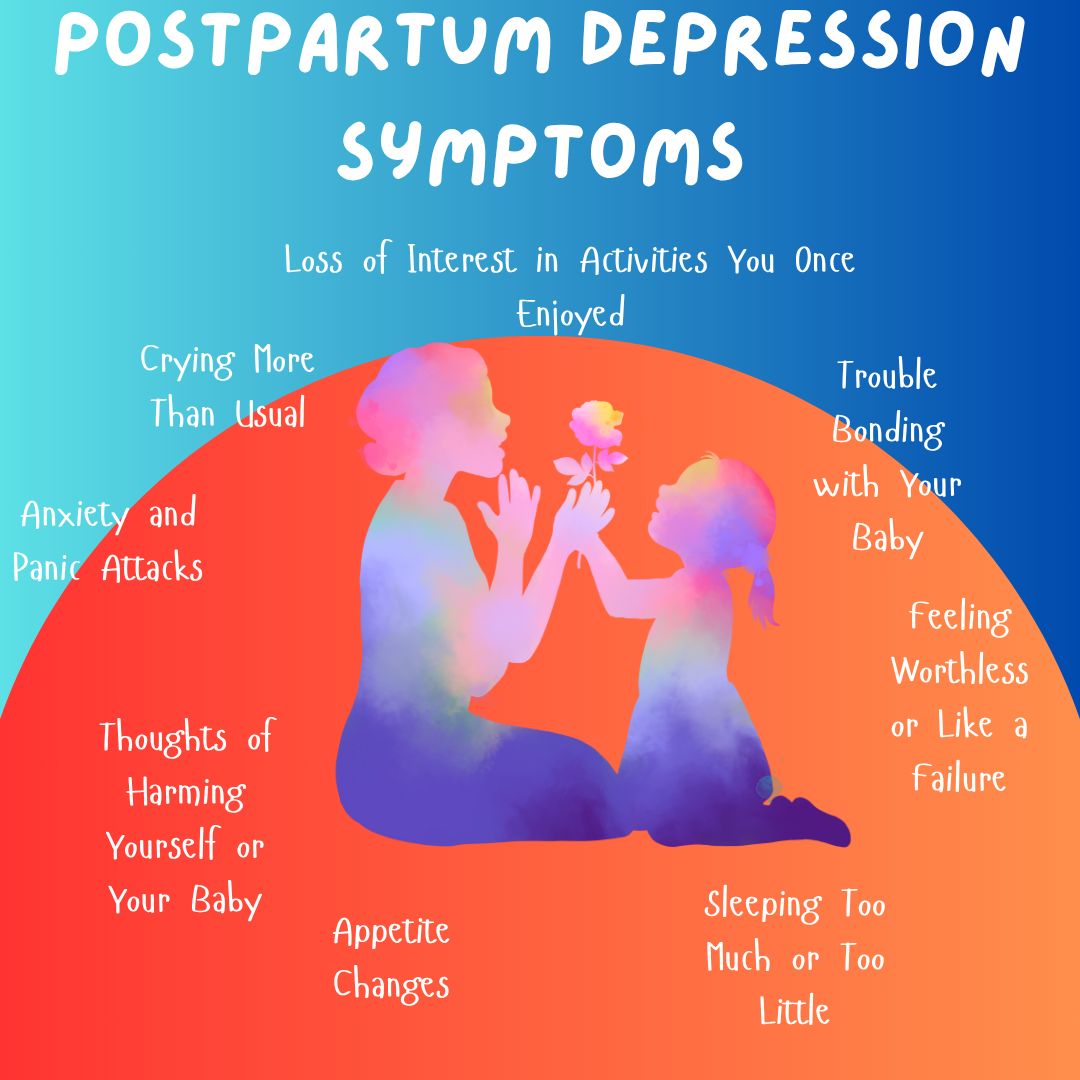
Postpartum Depression Symptoms
Postpartum Depression Symptoms – Welcoming a new baby is supposed to be one of the happiest times in your life. But for many new mothers, it can also be one of the hardest. If you’ve been feeling persistently sad, hopeless, or disconnected, you may be experiencing postpartum depression symptoms.
This guide is written not just to inform, but to support you—gently, honestly, and with empathy. You are not alone, and what you’re feeling is more common than you think. Let’s walk through the symptoms together, and talk about what you can do if any of these experiences sound familiar.
🌧️ Persistent Sadness or Hopelessness
One of the earliest signs of postpartum depression is a lingering sadness that just doesn’t go away—even when things seem to be going well on the outside.
How it feels:
- A heavy cloud over your mind, even on sunny days
- Feeling like you’re failing, even when you’re doing your best
- Not looking forward to anything anymore
As your guide:
This isn’t just about hormones—your mind and heart are exhausted, trying to adjust to your new reality. Acknowledge this sadness without judgment. It’s not your fault. Talking to a counselor or joining a support group—even online—can be the first safe space to breathe.
😭 Crying More Than Usual
Tears may come easily and often. Sometimes for a reason. Sometimes for none at all.
How it shows up:
- You cry while feeding your baby, folding clothes, or even in the shower
- You try to hide your tears from your family or partner
Counselor tip:
Tears are a release—but when they become constant, they may signal emotional overload. Instead of brushing them off, ask yourself, “What is my heart trying to tell me?” Journaling those thoughts or speaking them aloud to someone supportive can help unpack the deeper pain.
🚫 Loss of Interest in Activities You Once Enjoyed
You used to enjoy music, cooking, texting friends—or even just watching TV. Now, none of it feels appealing.
What this might mean:
- You’re emotionally numb
- You’re mentally withdrawing to survive
Let’s reframe this:
Your brain is doing what it thinks is necessary to conserve energy. But connection is a powerful healer. Begin small: return to one tiny thing you used to love. Maybe a song. A familiar recipe. Or a 5-minute phone call with a friend. One spark can reignite your sense of self.
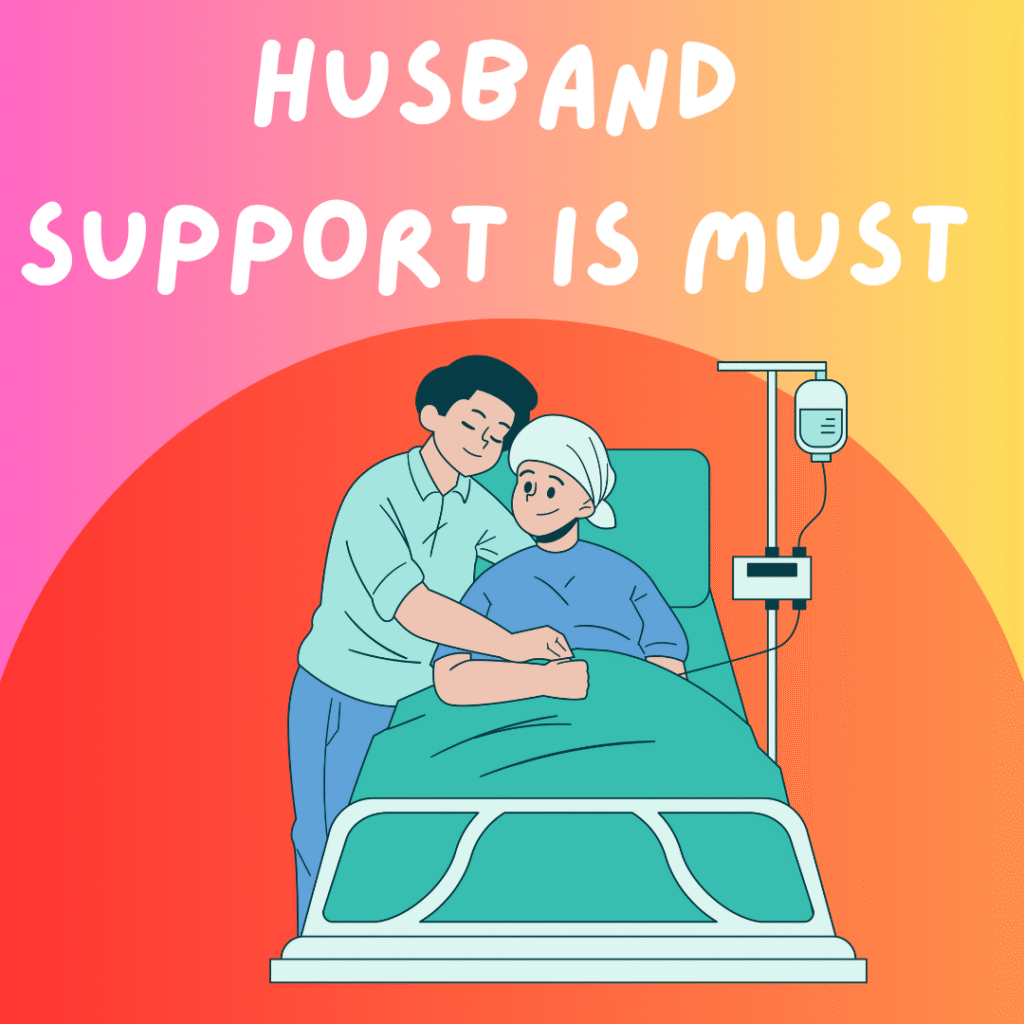
👶 Trouble Bonding with Your Baby
This symptom is the hardest for many mothers to admit—but it’s more common than you know.
It may look like:
- Feeling like a babysitter instead of a mom
- Going through the motions without emotional connection
- Avoiding eye contact or physical closeness
What to know as your counselor:
Bonding doesn’t always happen instantly. Give yourself permission to grow that relationship slowly, without guilt. Skin-to-skin contact, talking softly to your baby, and simply sitting quietly together can build connection over time—even if you don’t “feel it” yet.
😞 Feeling Worthless or Like a Failure
You might constantly tell yourself:
- “I’m a terrible mom.”
- “Everyone else can handle this—why can’t I?”
- “My baby deserves better.”
Please hear this:
These thoughts are lies that depression tells. You are not a failure. Neither are not broken. You are tired, overwhelmed, and needing support. A counselor can help you separate truth from distortion and help you build back self-compassion.
😴 Sleeping Too Much or Too Little
You’re exhausted, yet sleep either evades you or feels like your only escape.
How it manifests:
- Insomnia despite sheer exhaustion
- Over-sleeping during the day to avoid responsibilities
- Night wakings filled with dread, not just feeding needs
Counselor’s advice:
Good sleep hygiene matters now more than ever. Establish a calming bedtime routine—dim lights, turn off screens, and try calming music or breathing exercises. If possible, ask your partner or a trusted friend to take over one night feed. Rest heals.
🍽️ Appetite Changes
Your relationship with food might shift drastically.
Examples include:
- Forgetting to eat for hours
- Eating excessively for comfort or distraction
- Feeling nauseous even when hungry
Let’s gently respond:
Food is nourishment, not just for the body but the mind. Try keeping easy, healthy snacks nearby—nuts, fruit, yogurt. You deserve fuel. If eating feels like a chore, consider setting reminders or sharing meals with others to bring back some joy to eating.
😟 Anxiety and Panic Attacks
Depression often walks hand-in-hand with anxiety.
You might experience:
- Constant worry about your baby’s safety
- Racing thoughts and irrational fears
- Chest tightness or shortness of breath (panic attacks)
What I’d tell you:
These fears don’t mean you’re “losing it.” They mean your nervous system is on high alert. Techniques like grounding (5-4-3-2-1 method), box breathing, or guided meditations can calm your system. But if panic becomes daily, professional therapy and medication may be necessary—and very effective.
⚠️ Thoughts of Harming Yourself or Your Baby
This is the most severe of all postpartum depression symptoms—and one that must never be ignored.
It might sound like:
- “I wish I didn’t exist.”
- “Maybe my baby would be safer without me.”
- “What if I accidentally hurt the baby?”
Please listen carefully:
You are not your thoughts. Intrusive thoughts can feel terrifying, but they are a known part of severe postpartum depression—and they are treatable. Do not wait. Reach out to your doctor, a mental health professional, or call a helpline immediately.
You are not alone. NOR a bad mother. You are a mother who needs and deserves help.
When to Seek Help for Postpartum Depression Symptoms
If you’ve been experiencing these symptoms for more than two weeks, or they’re interfering with your ability to function, it’s time to seek support.
Start with:
- 🩺 Your OB/GYN or family doctor
- 👥 A licensed therapist or counselor specializing in maternal mental health
- 📞 Support hotlines like Postpartum Support International (1-800-944-4773 in the U.S.)
Treatment Options That Work
Many women recover from postpartum depression symptoms with the right treatment plan. You may be offered:
- Talk Therapy (CBT or interpersonal therapy) – to challenge and change negative thought patterns
- Medication (like SSRIs) – safe antidepressants that can be taken even while breastfeeding
- Peer Support Groups – to share your journey with others going through the same thing
- Lifestyle Changes – focusing on nutrition, rest, light exercise, and connection
You don’t have to do it all at once. One small step at a time is enough.
Final Thoughts: You Are Not Alone
If you’re facing postpartum depression symptoms, know this: healing is absolutely possible. These dark moments do not define your motherhood. They are a chapter, not your whole story.
“Even the longest nights end with sunrise. Keep going—your light is coming.”
You are brave for reading this far. You are stronger than you feel. And help is just one conversation away.
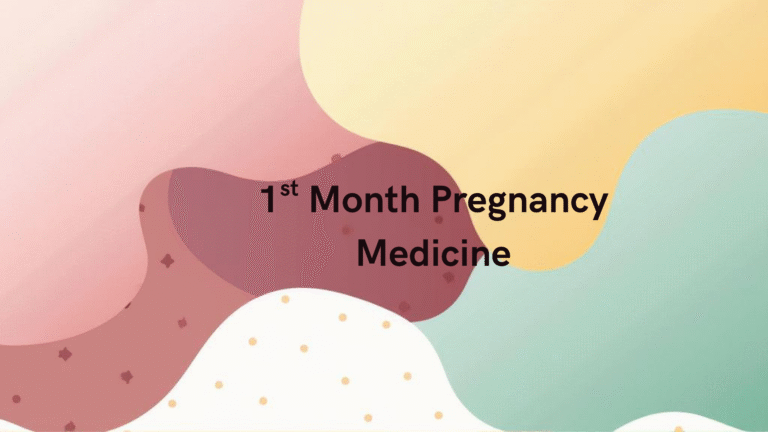
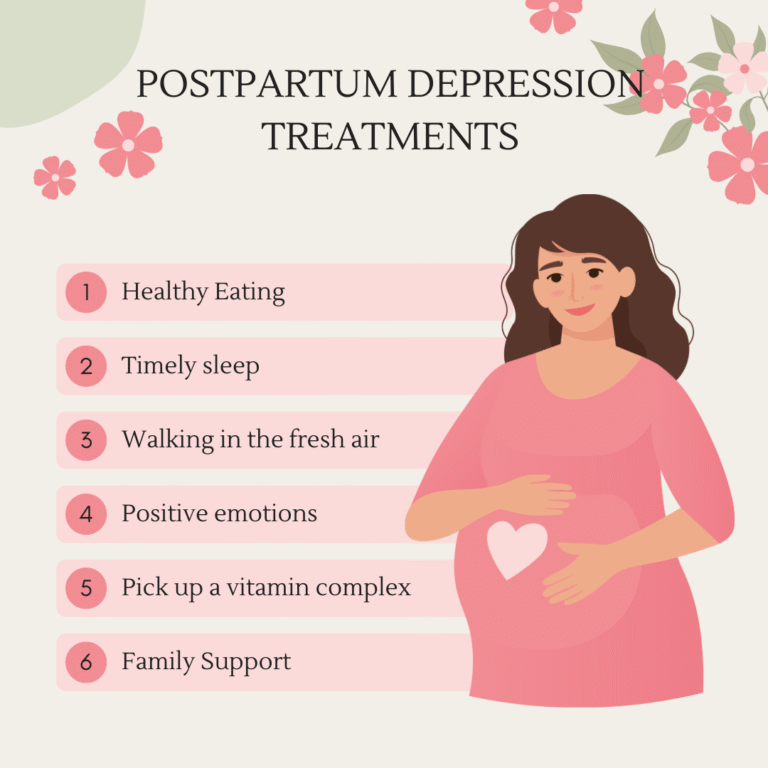
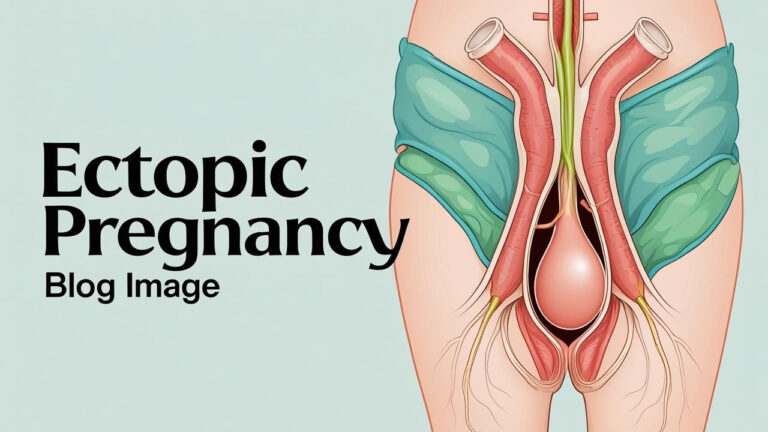
2 thoughts on “Postpartum Depression Symptoms: A Compassionate Guide for New Mothers”